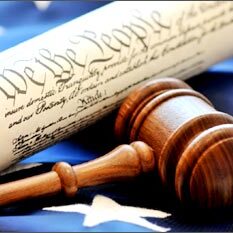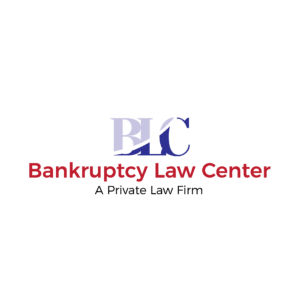Chapter 7 Bankruptcy
Chapter 7 Bankruptcy is often called the "Fresh Start" bankruptcy. Individuals can file for bankruptcy in a federal court under Chapter 7 (also referred to as "straight bankruptcy" or "liquidation") and are generally discharged of many types of unsecured debts such as credit cards, personal loans, medical bills, and some judgments. Filing a Chapter 7 bankruptcy puts into effect something called an "automatic stay," which immediately stops your creditors from trying to collect. As a result, creditors cannot garnish your wages, empty your bank account, or go after your car, your house, and your personal belongings. In a Chapter 7 bankruptcy, the individual is allowed to keep certain exempt property. Each state has its own set of exemptions and a qualified bankruptcy attorney will be able to outline the type of property that is exempt from liquidation in a Chapter 7. In most cases, all property is exempt and there is nothing for the bankruptcy trustee to liquidate. If you have any questions you should contact us for a Free No Obligation Legal Evaluation.

Is a Chapter 7 Bankruptcy Right For You?
If you are drowning in debt, and you feel as though there is no end in sight, bankruptcy may be the best option for you. The following are a few questions for you to consider: Are you struggling at the end of the month to pay your living expenses? Has your credit card debt become virtually unmanageable? Are you falling behind in paying on your personal loans and/or payday advances? If you answered "yes" to one or more of these questions, then Chapter 7 bankruptcy may be your best option.
Bankruptcy no longer has the personal stigma attached to it that was previously thought. Many people mistakenly believe that filing bankruptcy will ruin of their life. However, as clients begin to become educated with some of the real life outcomes of filing bankruptcy, many are pleasantly surprised that it is quite the opposite! By making on time payments on new debt incurred subsequent to your bankruptcy, you can regain your credit rating within a relatively short time from your discharge. Also without those high minimum payments, you can actually start to save money each month and prepare for your future instead of living month-to-month, paycheck-to-paycheck. To find out if you qualify for a Chapter 7 bankruptcy you should contact our experienced Bankruptcy Attorney for a Free No Obligation Legal Evaluation.




